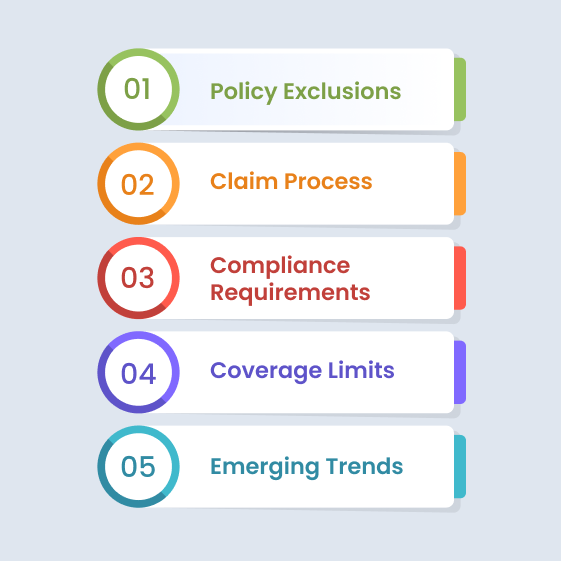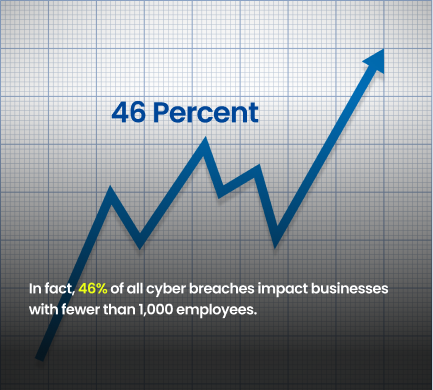Exploring the Contrasts: Cyber Insurance v/s Cybersecurity
Introduction: A Tale of Two Defences
In the heart of Silicon Valley, a startup once faced what could have been a crippling cyber-attack. Its servers were infiltrated, data was compromised, and the threat of sensitive information being leaked loomed large. However, this story took two divergent paths of resolution, thanks to the company’s foresight in investing in both cyber insurance and robust cybersecurity measures. This real-life event underscores the critical importance and distinct roles of cyber insurance and cybersecurity in the digital age. This article delves into their contrasts, synergies, and how they form the dual shields protecting modern businesses from the ever-evolving threats of the cyber world.
The Basics of Cybersecurity
What is Cybersecurity?
Cybersecurity refers to the practices, technologies, and processes designed to protect networks, devices, programs, and data from attack, damage, or unauthorised access. It is a continuously evolving field, adapting to counter new threats as they emerge.
The Evolution of Cybersecurity Threats
The landscape of cyber threats has grown exponentially, with hackers becoming more sophisticated in their methods. From malware and phishing to ransomware and advanced persistent threats (APTs), the array of tools at a cybercriminal’s disposal is vast and varied.
How Businesses Protect Themselves
Businesses employ a multitude of cybersecurity measures, including firewalls, anti-virus software, intrusion detection systems (IDS), and comprehensive employee training programs to mitigate the risk of cyberattacks.
Understanding Cyber Insurance
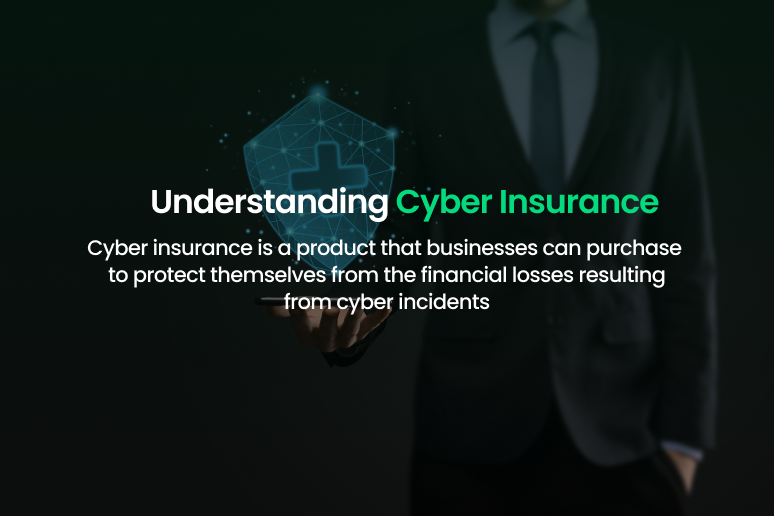
What is Cyber Insurance?
Cyber insurance is a product that businesses can purchase to protect themselves from the financial losses resulting from cyber incidents such as data breaches, business interruption, and network damage.
The Rise of Cyber Insurance: A Response to Growing Threats
As cyber threats have proliferated, so has the market for cyber insurance. It has become an essential tool for businesses, offering a financial safety net that complements their cybersecurity defences.
The proliferation of cyber threats is not just a perception but a well-documented reality. According to a report by Cybersecurity Ventures, cybercrime is projected to inflict damages totalling $6 trillion globally in 2021, a figure that is expected to grow to $10.5 trillion annually by 2025.

This escalation is driven by the diversification and sophistication of cyber attacks, including phishing, ransomware, data breaches, and more. Businesses, regardless of size, find themselves in the crosshairs of cybercriminals, making robust defence mechanisms non-negotiable.
Real-World Examples of Cyber Insurance Claims
To illustrate the tangible benefits of cyber insurance, let’s examine some real-world scenarios where cyber insurance played a pivotal role in mitigating financial losses from cyber incidents:
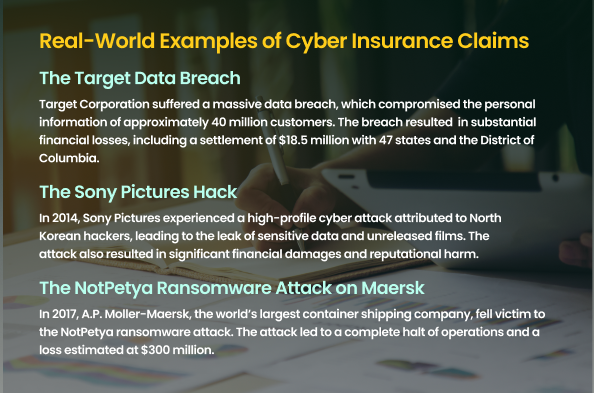
- The Target Data Breach: In 2013, Target Corporation suffered a massive data breach, which compromised the personal information of approximately 40 million customers. The breach resulted in substantial financial losses, including a settlement of $18.5 million with 47 states and the District of Columbia. Target’s cyber insurance policy played a crucial role in covering a significant portion of these costs, demonstrating the financial safety net that such insurance provides.
- The Sony Pictures Hack: In 2014, Sony Pictures experienced a high-profile cyber attack attributed to North Korean hackers, leading to the leak of sensitive data and unreleased films. The attack also resulted in significant financial damages and reputational harm. Sony’s cyber insurance coverage was instrumental in absorbing some of the financial impacts of the attack, highlighting the importance of cyber insurance in managing cyber risk.
- The NotPetya Ransomware Attack on Maersk: In 2017, A.P. Moller-Maersk, the world’s largest container shipping company, fell victim to the NotPetya ransomware attack. The attack led to a complete halt of operations and a loss estimated at $300 million. Maersk’s cyber insurance policy was critical in covering a portion of the financial losses incurred, showcasing the role of cyber insurance in recovery from disruptive cyber incidents.
Cyber Insurance vs. Cybersecurity: A Detailed Comparison
Differences in Approach
While cybersecurity focuses on prevention and protection, cyber insurance is designed to mitigate the financial impact of incidents that breach these defences.
Benefits of Each Solution
Cybersecurity measures are indispensable for preventing attacks, whereas cyber insurance provides a financial backup plan, ensuring business continuity post-incident.
Synergies between Cyber Insurance and Cybersecurity
The most effective risk management strategies involve a combination of both cybersecurity and cyber insurance, leveraging the strengths of each to provide comprehensive protection.
The Role of Cyber Insurance in a Comprehensive Cybersecurity Strategy
Integrating cyber insurance into a broader cybersecurity strategy enhances an organisation’s ability to respond to and recover from cyber incidents.
The Financial Implications of Cyber Attacks
The Cost of Cybersecurity Breaches
Cyber attacks can be devastatingly expensive, not just in direct financial terms but also through reputational damage and loss of customer trust.
How Cyber Insurance Mitigates Financial Risks
Cyber insurance plays a critical role in absorbing the financial shocks that come with cyber incidents, helping businesses to remain viable in their aftermath.
Future Trends in Cyber Protection
Emerging Cybersecurity Technologies
Innovations in cybersecurity, such as AI and machine learning, are on the horizon, promising enhanced capabilities in detecting and neutralising threats.
The Evolving Landscape of Cyber Insurance
The cyber insurance industry is also evolving, with policies becoming more tailored and comprehensive in response to the changing nature of cyber risks.
Conclusion: Balancing Protection and Preparedness with Mitigata

As businesses navigate through the complexities of the digital era, the distinction and synergy between cybersecurity and cyber insurance have never been more critical. These two components are fundamental in crafting a resilient and comprehensive defence strategy against the myriad of cyber threats that loom over the digital landscape. Cybersecurity, with its focus on preventing cyber threats through technological and procedural safeguards, lays the groundwork for robust digital defence. On the other hand, cyber insurance provides a safety net, ensuring businesses can bounce back from the financial repercussions of cyber incidents.
Enter Mitigata, a pioneer in harmonising smart cyber insurance with cutting-edge cybersecurity solutions. This innovative approach not only mitigates the risk of cyber threats but also equips businesses with a robust financial recovery plan. Mitigata’s integrated solutions offer a sense of security and preparedness, knowing that all bases are covered—from preventing cyber attacks to managing their aftermath financially.



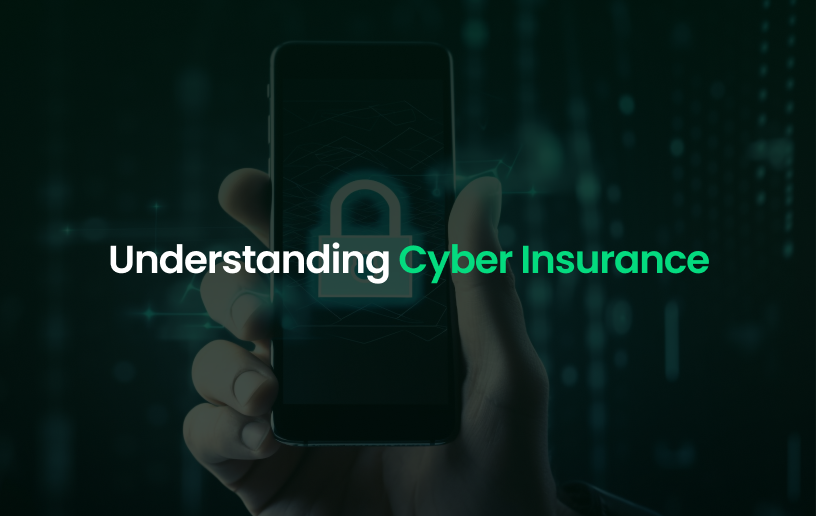
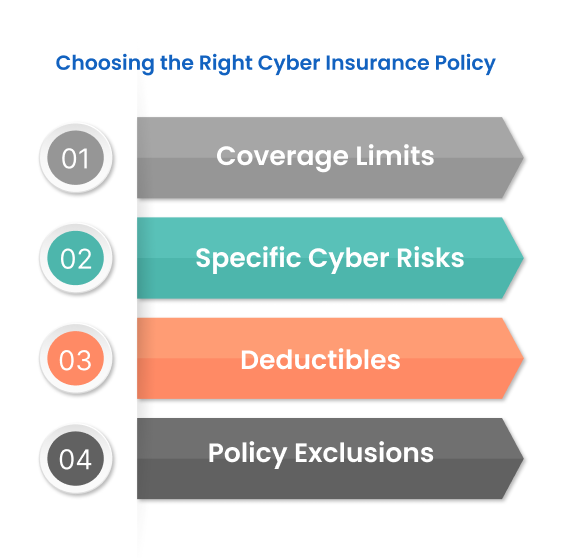


 outpacing the expansion of the workforce itself by tenfold. In today’s digital landscape, the benefits of remote work are undeniable, offering flexibility and efficiency for both employees and employers alike. However, with great convenience comes great risk, especially when remote workers access company platforms through unsecured Wi-Fi connections in coffee shops and airport terminals.
outpacing the expansion of the workforce itself by tenfold. In today’s digital landscape, the benefits of remote work are undeniable, offering flexibility and efficiency for both employees and employers alike. However, with great convenience comes great risk, especially when remote workers access company platforms through unsecured Wi-Fi connections in coffee shops and airport terminals.

